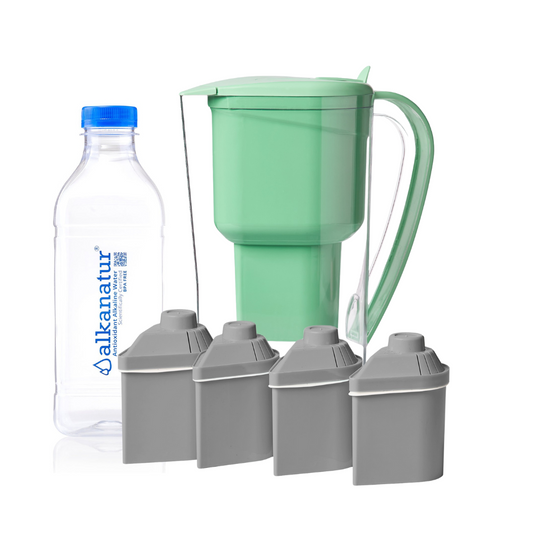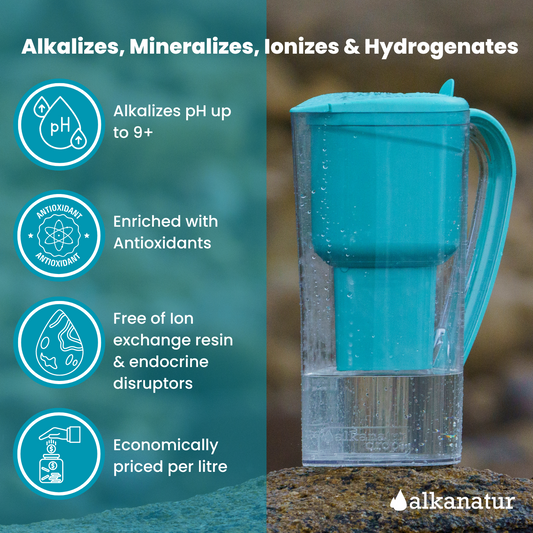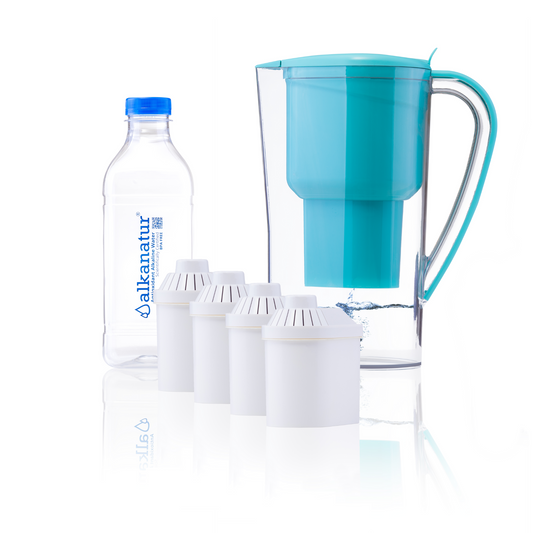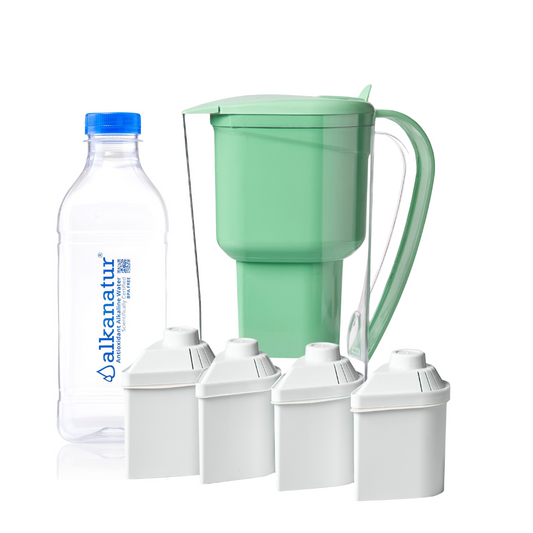We have spoken on many occasions about probiotics and prebiotics. On this occasion we want to talk about “psychobiotics”, a term introduced in 2013 by Ted Dinan, Professor of Psychiatry at the University of Cork (Ireland), and that we can define as: bacteria that when ingested in adequate amounts improve mental health.
Researchers such as Philip Burnet of the University of Oxford (United Kingdom), propose to broaden the definition of psychobiotic to everything that, through changes in the intestinal microbiota, achieves psychological effects, without necessarily having to be a living microorganism, which would mean include prebiotics, but also physical exercise and diet. The studies at the moment have been carried out mainly in vitro and in animals, so we must show caution, although the result seems to be promising.
In the 1800s and early 1900s, patients with mental health problems used to be treated with colon cleanses and intestinal surgeries, since it was thought that waste in their colon could cause infections that caused depression and psychosis.
The gut microbiota is made up of about 10,000 species. Although we have a long way to go, as we have already said, we know that in order to interact with the brain, some species can act together with others as if they were a single team.
The mechanism of action can be mainly involved in three ways:
1-Neurotransmitters, for example, improving the level of serotonin, dopamine, gaba …
2-Immune system, through the production of cytokines that act on the brain.
3-Bacterial molecules, producing metabolites that alter the activity in the blood-brain barrier.
It is thought that more pathways may appear or even act several at the same time.
It seems that depression, anxiety and autism spectrum syndrome are the three diseases that in this new field of study could be the most benefited to date.
Elaine Hsiao, a neurologist from California in 2013, managed to improve the autistic behaviour of laboratory mice by feeding them with bacteria that live in our intestines. They fed newly weaned mice, three weeks old, with a probiotic that contained the bacterium Bacteroides fragilities, human intestine commensal bacterium, which is not sold in capsules to date and showed that changing their intestinal microbiota improved their behaviour alterations autistic. The results were spectacular, but she is cautious when speculating about its application in humans.
Animal studies show that behavioural changes can be reversed as long as the mice were exposed to normal microorganisms during their first years of life. However, once the mice without germs reached adulthood, colonizing them with bacteria did not influence their behaviour. Hence the importance of the development of the microbiota in the first years of life.
As for age, both minors and the elderly are the people who would be most influenced by this type of substance. The prenatal, postnatal and all childhood period is the most critical point in the development of the nervous, cerebral and immune system, strongly influenced by the microbiota, which is established in these years. In the case of the elderly, they also need to maintain good intestinal health, since they are more sensitive to physiological changes.
A study published in 2015 by GhodarzAkkasheh M.D. et al. has analyzed the impact of certain probiotics in people with depression. The scientists provided placebo and bacteria to two groups of twenty patients for eight weeks, so that each group ingested one of the two substances. Those who consumed the bacteria scored better on a questionnaire that measures the degree of depression (the Beck Depression Inventory).
In a placebo-controlled trial published in May 2017 by Maria InesPinto-Sanchez et al. They found that the probiotic Bifidobacterium longum NCC3001 reduces depression but not anxiety scores and increases the quality of life in patients with irritable bowel syndrome. These improvements were associated with changes in brain activation patterns that indicate that this probiotic reduces limbic reactivity.
More studies are required on psychobiotic treatments in humans, especially on the understanding of biological functioning, but they could become a reality sooner than we can imagine, even as an adjuvant treatment. So attentive to psychobiotics because they can be of great help, but especially attentive to the feeding of our children in their first years of life, because there is no going back.
Alkanatur Alkaline Water Filter Pitcher with Magnesium & Antioxidants – Alkanatur North America









